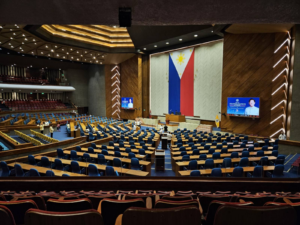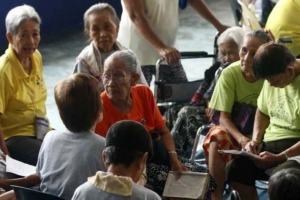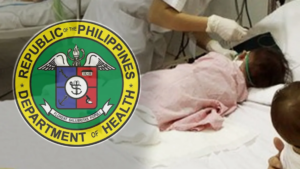
AT least three online headlines caught my attention lately. One was from Statnews.com, the second was from Agence France-Presse (AFP), and the third one from Fox 5.
They have something in common and there are differences too. Statnews’s headline is horrible. It says “Suicides of two health care workers hint at the Covid-19 mental health crisis to come.” The AFP’s version is somewhat similar. It says, “Virus takes toll on mental health of Europe’s medics.” Lastly, Fox 5 states, “Covid-19 survivor says virus took toll on mental health.”
What are then are their similarities and differences? The obvious commonality is that all of them are talking about the dreadful Covid-19 pandemic that already killed thousands and destroyed the world’s economy and the way of life of modern civilization.
All of them also presented an argument on the effects of the virus to one’s mental health, an issue that most government have yet to confront with after a vaccine is discovered to stop the pandemic.
But one difference of the headlines lies on the subject of the story—who is the victim of Covid-19? While both the Statnews and AFP talked about the ordeal of health care workers and medics in their fight against the virus, Fox 5 concocted an entirely different story of a survivor’s struggle to live and how his mind is being affected by the virus.
It short, mental health issue is common to both the frontliners and those whom they put their lives on the line.
AFP said “stress and anxiety brought on by dealing with the high levels of serious illness and death have become commonplace on the medical frontlines. Professional bodies and experts in Europe want more support to tackle the psychological impact of dealing with Covid-19 on staff. Stress levels have reached such levels in Belgium that the number of healthcare workers thinking about quitting is more than double the usual.”
And they are not alone. A banner story of the local Sunstar Davao on May 26, said that the city is losing medical professionals from the virus. The story says, “Hospital workers in Davao resigning.” Aside from having the most number of Covid-19 infected group (28) in the region, there are no immediate takers of vacant positions to replace them even with the mass hiring by the Department of Health.
Meanwhile, the issue of mental health comes to fore in the US after the deaths by suicide of two healthcare workers on the fight against Covid-10 in New York City, one was an emergency medical technician and the other was an emergency physician. Statnews said, “Health care workers are well trained to manage the intensity of a medical crisis. But few are equally comfortable managing its mental health aftermath, in themselves or in others.” Here are some findings in Europe that can give us a picture of the seriousness of the mental health issue:
In Belgium, studies indicated that more than twice as many healthcare workers than usual had thought about quitting the profession, and levels of unhappiness were four times higher. Another found alcohol consumption highest among healthcare professionals.
In France, one healthcare workers’ support association said it was receiving more than 70 calls a day from medics about the crisis. Some seven in 10 were from women and a handful of calls were even deemed to indicate “an imminent risk of suicide”.
In Spain, more than 50,000 healthcare workers have tested positive for Covid-19, about 22 percent of the total cases in the country, according to the health ministry. Half of 1,200 medics in a study are found to have “depressive symptoms.” A similar number (53 percent) showed signs “compatible with post-traumatic stress”, the study said.
The Catholic University of the Sacred Heart in Milan similarly found seven in 10 healthcare professionals in the worst-hit regions of Italy were exhausted. Nine in 10 had suffered psychological stress. Many reported increased irritability, trouble sleeping and night terrors, as well as emotional breakdowns. The researcher said the normal stresses of the job had been exacerbated by the increased workload, difficult working conditions and the raft of unknowns about the virus.
This is indeed a harsh reality for both the frontliners and the victims of the virus. While it is true that mental health is indeed a problem that we have to contend with, we can do something for them by telling them not to suffer in silence but to ask for help even if it is not yet necessary.















